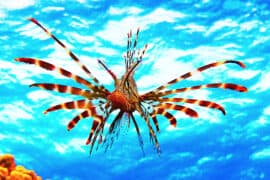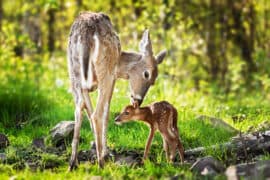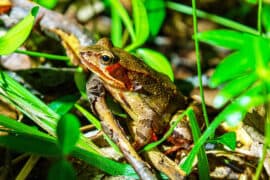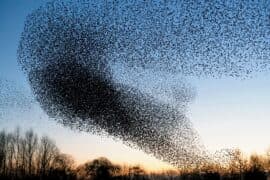Larch ladybird
(Aphidecta obliterata)
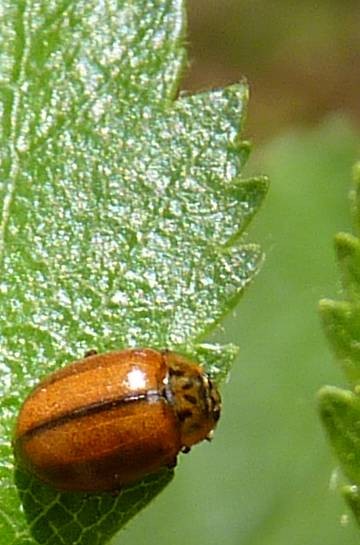
Description
Aphidecta obliterata (common name larch ladybird, or larch ladybug) is a species of Coccinellidae, a flying beetle. This species is present in Europe, European Russia, the Caucasus, Belarus, Ukraine, Transcaucasia, Asia Minor, North America, Newfoundland, Virginia and South Carolina. Aphidecta obliterata can reach approximately a size of 3.5–5 millimetres (0.14–0.20 in). These tiny beetles have an elongate oval body, with strongly convex elytra, smooth, shiny and densely, finely punctured. Head shows a black arch-shaped marking. Antennae are club-shaped, with 9-11 segments. The larch ladybirds are beetles with a great variability in color and markings, with several varietas. For example Aphidecta obliterata v. fenestrata has entirely black elytra, while usually they range from tan to brown, often with a pink tinge. They have a dark suture and usually a dark oblique line posteriorly. The pronotum is beige, with four dark brown lines forming a M mark. While other species of ladybugs have prominent spots, this insect has smaller, less distinct spots, or small blotches, if any. Aphidecta obliterata inhabits high bogs an peat areas, mainly coniferous and mixed forests (for instance Central European mixed forests, Sarmatic mixed forests) and, especially, in Pinus sylvestris and other temperate needleleaf forests. It is found occasionally in gardens and parks. It is mainly found on Pinus sylvestris and other Pinus species and Picea abies and on Larix decidua occasionally under flakes of bark, under bark, or in moss on the trunks. These beetles have a restricted range of adaptability to changes in ecological conditions. They are aphidophagous, mainly feeding on Lachnidae, Adelgidae and other aphids of pines. The adults can be found in spring and summer. They overwinter in bark crevices and in litter. It has been released in the US and Canada for biocontrol of Adelges piceae.
Taxonomic tree:

